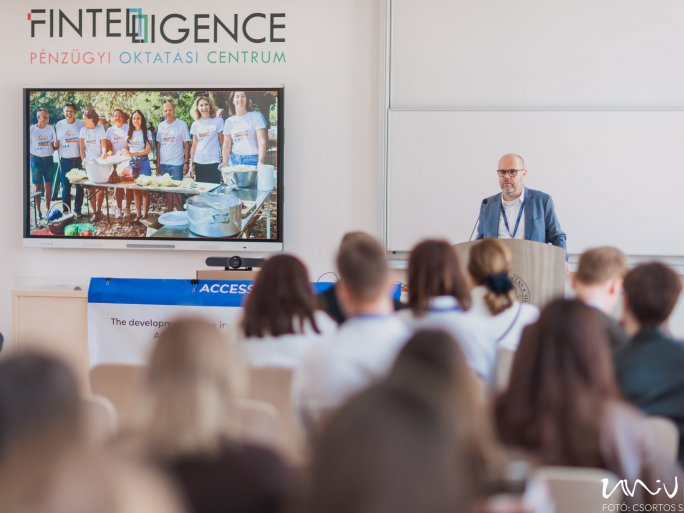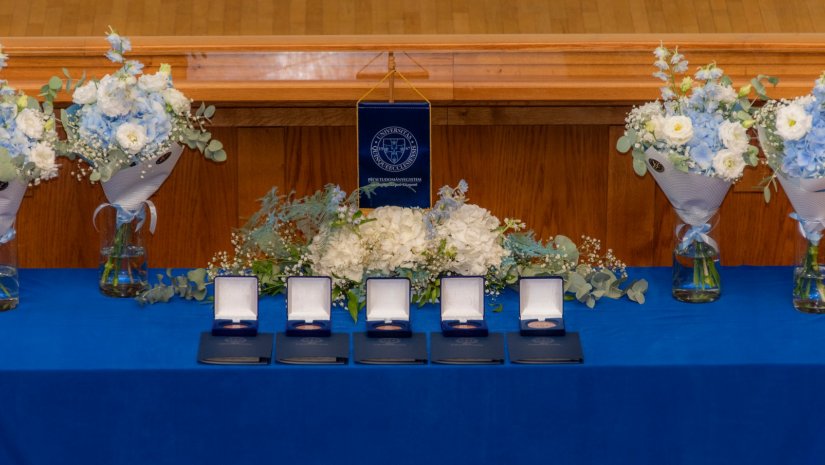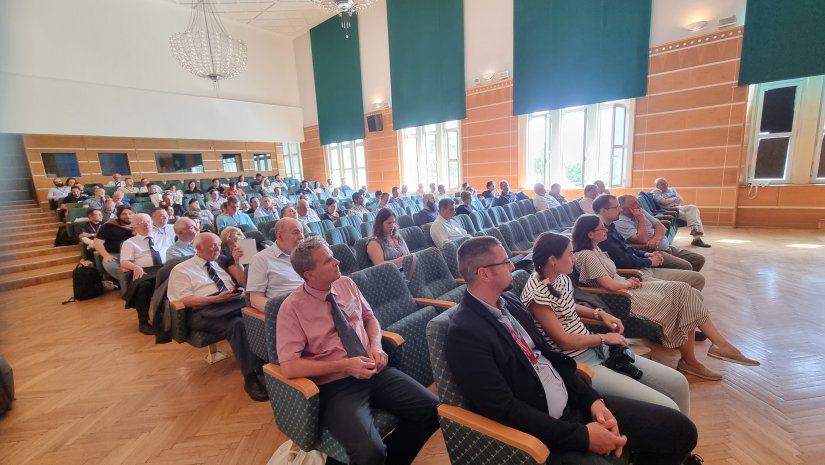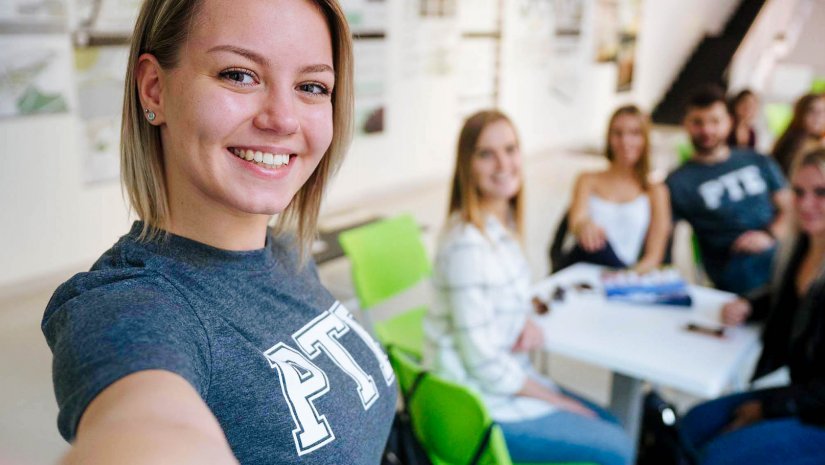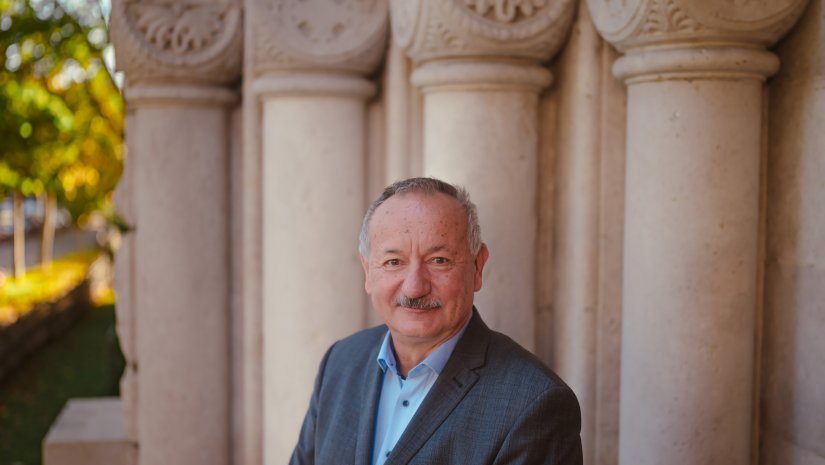On 11th April, the University of Pécs Faculty of Business and Economics hosted a landmark event titled "The Development of the Innovative Educational Method of Accessible Tourism in Central Europe". The event opened with two distinguished keynote speeches that framed the day’s discussions. Dr. Krisztián Szűcs, representing the Faculty of Business and Economics at the University of Pécs, offered insights into the ACCESSIBLE project’s significance for marketing and tourism education.
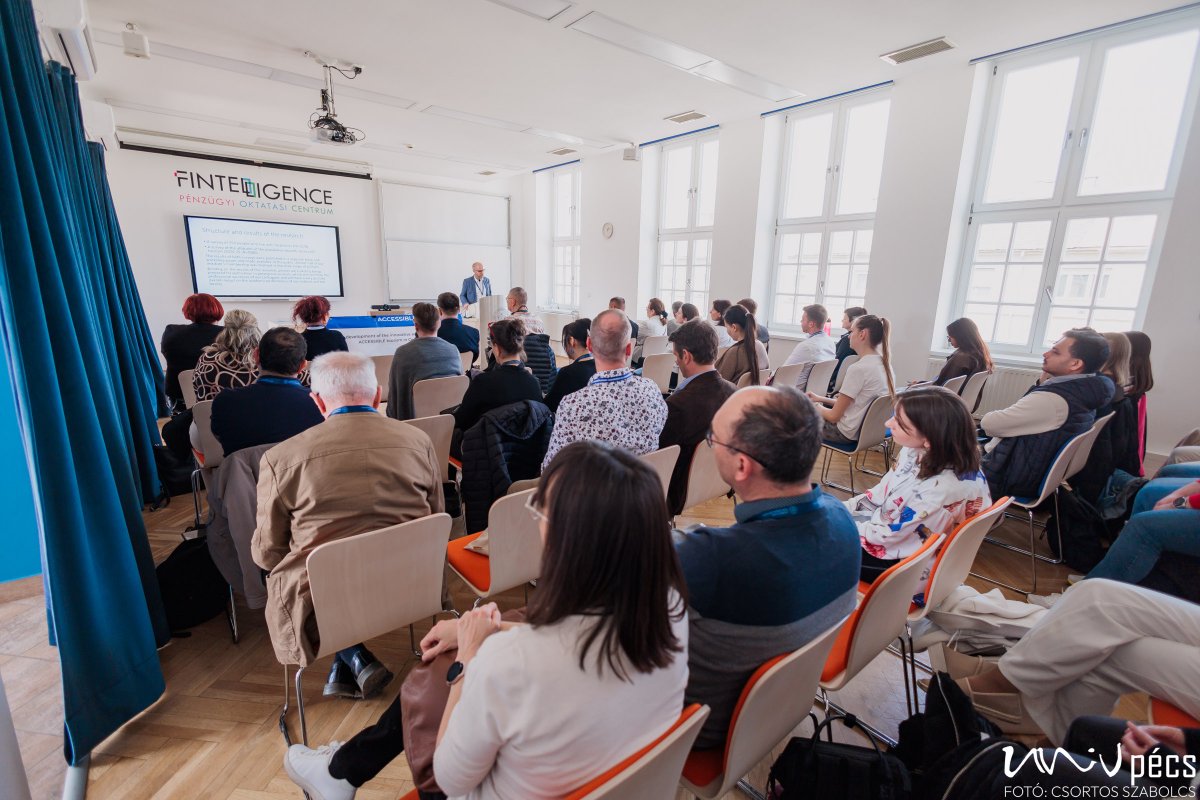
Launched in 2021, the “ACCESSIBLE Project” unites researchers from Central European universities, tourism boards, and disability advocacy groups to bridge the gap between policy and practice. With global spending by travelers with disabilities exceeding $1.2 trillion annually, the stakes are as much economic as they are ethical. Dr. Szűcs revealed startling findings from Europe’s largest inclusivity study to date. “Imagine needing a wheelchair and discovering only 11% of hotels in your dream destination can accommodate you,” he said. The researcher highlighted that the University of Pécs is now recognized as a certified institution in accessible tourism education - a milestone that underscores the faculty’s growing commitment to inclusivity and innovation. He emphasized the interdisciplinary nature of the project, which brought together marketing and tourism experts to work on a shared vision of inclusivity.
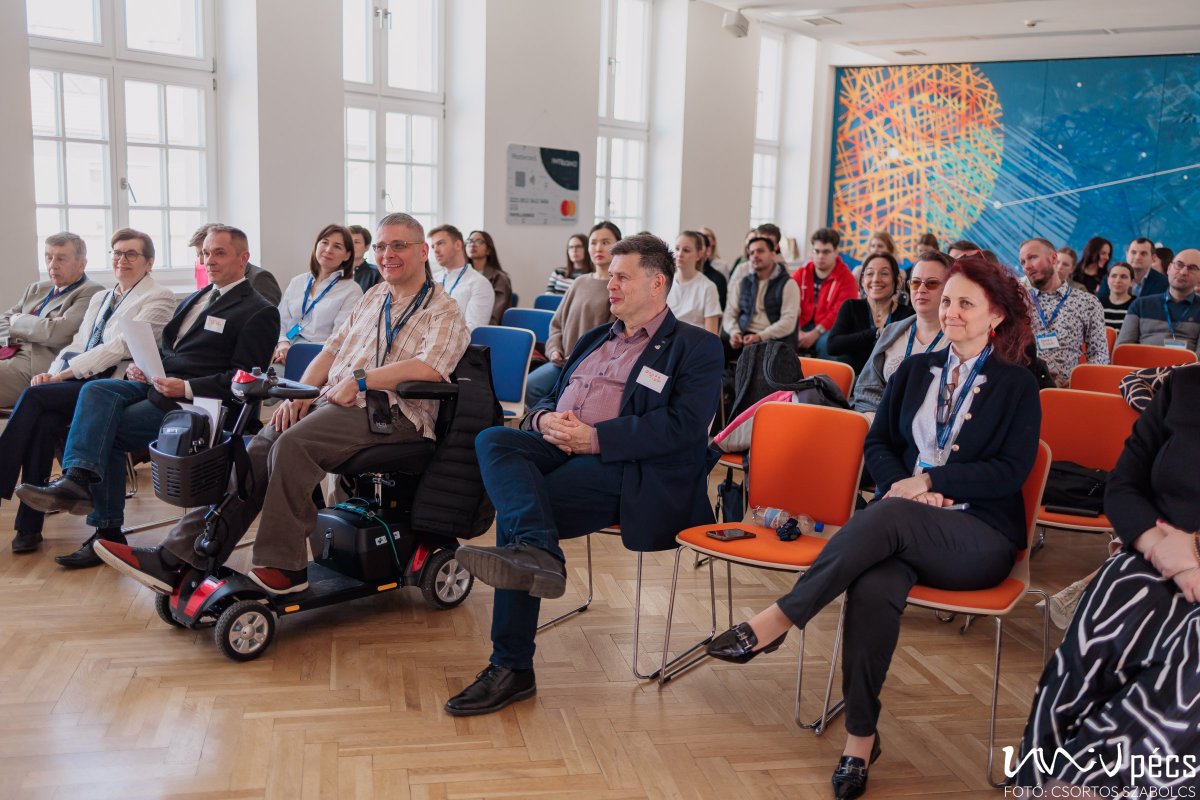
The project’s 4,000-participant survey, spanning five countries, exposed systemic failures: 79% of respondents without disabilities said they’d choose destinations certified as inclusive. Professor Richard W. Butler delivered a global perspective on accessible tourism research. He discussed how the international tourism industry is gradually shifting toward inclusivity and emphasized that accessibility should not be seen as a niche topic but as a core principle of tourism development.
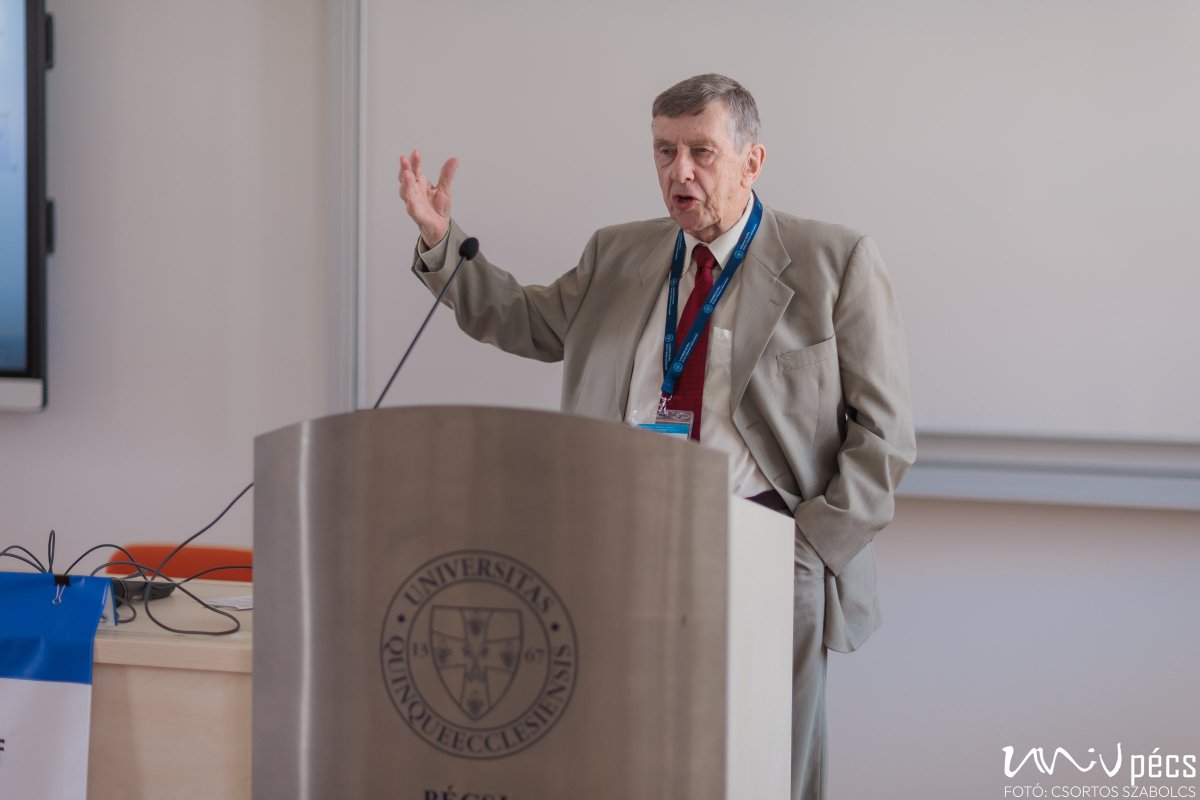
“Accessibility is not only a legal right but also a human right,” Professor Butler stated.
He stressed that true inclusivity involves designing tourism experiences that accommodate a broad range of needs - from physical and sensory impairments to temporary disabilities and age-related mobility issues.
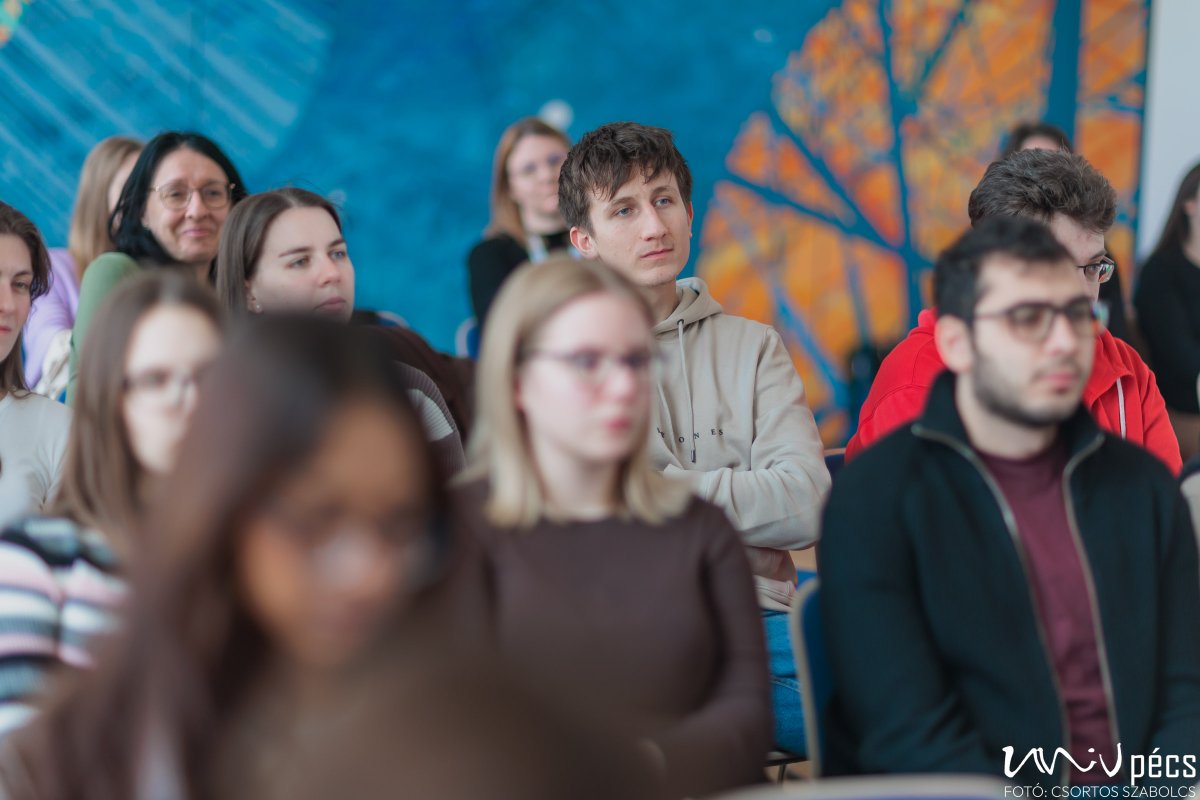
Both speakers agreed on one central message: inclusive tourism is not a trend but a necessary evolution of the industry. They called on academics, industry professionals, and policymakers to continue advocating for accessible tourism as a way to enhance both the quality of life for travelers and the sustainability of tourism sectors.
Written by Misheel Zolzaya
Communication and Media Sience Student


